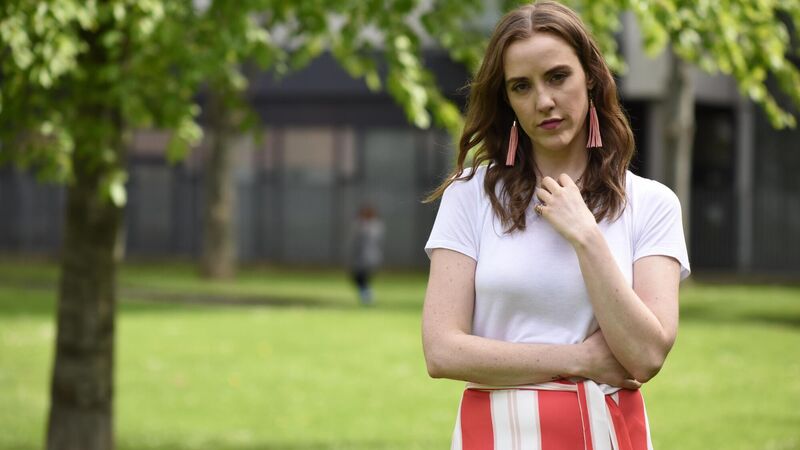Louise O'Neill: Where is the patience when it comes to our emotional resilience?

Louise O'Neill, author. Photograph Moya Nolan
I’m often asked if I believed in writer’s block. Obviously, I believe in it as a concept — I’m currently trying to come up with an idea for a new book and my mind resembles a Black Hole — but I try not to give it too much credence. Writer’s block, like anything else, can become a self-fulfilling prophecy.
I think of the wonderful Maeve Binchy, and how she said she couldn’t have writer’s block because she had to file a column every week for the Irish Times. If she didn’t write it, there would be a blank space in the paper.








